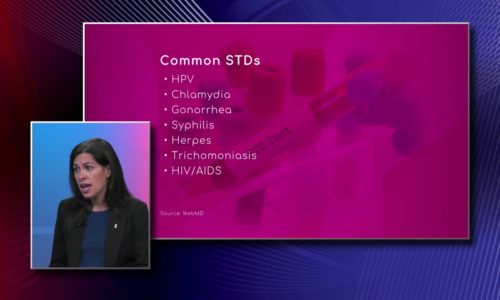Signs of Erectile Dysfunction |
ED (erectile dysfunction) is very common. Dr. Daniel Martinez, Urologist with Baptist Health South Florida, explains erectile dysfunction is any issue that men have, where they have difficulty getting, achieving or maintaining an erection.
The specialist also says everybody, at some point in their life, is going to experience ED.
He says a lot of men will be in denial.
Transcript
Edie is incredibly common but a lot of guys don’t even learn the basics about exactly what it is let’s start here first of all what causes it what can be done so first let’s define it okay I get a lot of guys who come to see me and they’ll say oh no I don’t have a problem and when I define it then they look I mean they say you know what I have a problem erectile dysfunction is any issue that a man may have where they have difficulty getting in other words achieving or maintaining an erection that’s rigid enough for the entirety of sexual intercourse so with that said you can imagine that everybody at some point in their life is going to experience erectile dysfunction whether it be early on due to anxiety or later on due to some other medical problems it’s that the first thing when somebody walks into your office and says I don’t have a problem it’s it’s the first indicator that you have somebody who is in denial I guess but and also really needs to be brought forward a little bit they need to be educated as to really what’s going on sure most guys that come to see me eventually they know they have a problem already there are certain screening tools out there the one can use to try to bring those patients out from the Woodworks but you’re right a lot of guys will be in denial you








